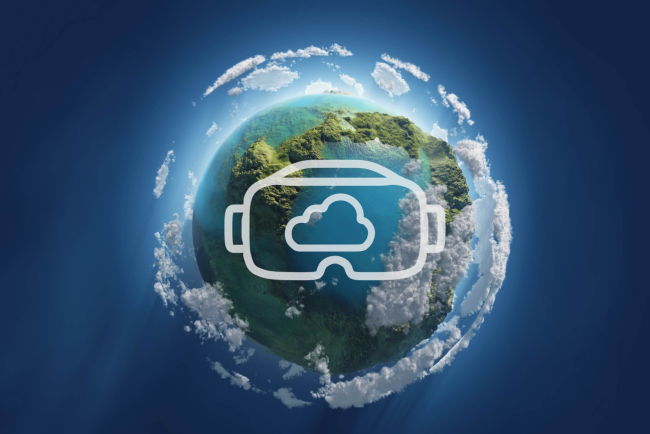Eco-friendly nutrition can help to preserve the ecosystems of Earth. In secondary school virtual reality may be used to learn the skills that are necessary for such behavior.
Sustainable development is an increasingly important topic in secondary school. By behaving in an ecologically sustainable manner, we have a positive influence on our environment. However, such behavior requires the ability to think in a linked way and to classify complicated facts from different subject areas. This kind of thinking must first be learned, and in the best case, already in school.
The primary goal of secondary school is to prepare students for everyday life. For this purpose, teachers often use exercises that are related as closely as possible to specific everyday situations. A new and particularly situation-oriented method for this is «Virtual Reality» (VR). This computer-generated reality simulates situations in a way that makes them tangible for students.
Yet, how does VR have to be programmed so that it can be used by teachers beneficially? What characteristics does it need to serve for learning eco-friendly food nutrition? These are exactly the questions we are addressing in this project: Within the framework of BeLEARN, we are conducting a scientific study and developing a VR for learning eco-friendly food choice.
